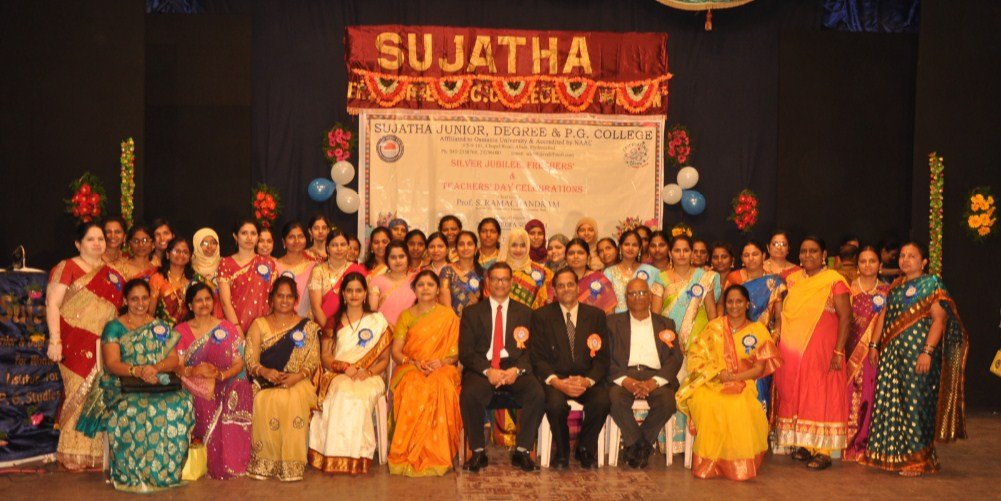Methodology
Teaching Methods: Not as Simple as ABC
The teacher-centered approach vs. the student-centered approach. High-tech vs. low-tech approaches to learning. Flipped classrooms, differentiated instruction, inquiry-based learning, personalized learning and more.
The seven key teaching methods we Follow in our Academics
1. Discussions: Students are encouraged to discuss any theory that they have read in class or independently, weighing its merits or considering its application in the professional world.
Discussions are an important part of the overall Masters experience, giving you not only access to other viewpoints on the same subject matter, but also enabling you to consider different rationale and to become familiar with psychology and logic, hugely important elements of professional post-study life.
Classes sometimes include students hailing from more than 40 countries, thus forming a group of multicultural participants which makes exchanging and working in groups all the more enriching.
2. Laboratory and practical learning: Learning by doing is an essential part of many courses, particularly if you are studying for a science, engineering or health-related degree. These sessions aim to give you an insight into a working environment, knowledge of experimental methods and techniques and an understanding of the academic material taught on the course. You may be asked to work independently, in pairs or as part of a small team and for most courses, where a practical element is incorporated, you will be required to submit a piece of work which will count towards your overall result.
3. Field trips: Fieldwork or field trips are a compulsory element of some courses. Similar to laboratory and practical work, fieldwork can help you put your theoretical knowledge into practice. Trips can range from one-day sessions to longer, more in-depth expeditions, both domestically and abroad, that allow you to explore specific areas or learn particular techniques.
Each course differs but you may need to pay extra for your field trips, so keep that in mind when budgeting for the year.
4. Problem-based/Enquiry-based learning (PBL/EBL): PBL or EBL groups are presented with a real-life problem or scenario and you will need to work as a team to investigate potential solutions while identifying what skills or knowledge you need to effectively manage the situation.
5. Projects: You will be asked to complete a final project. You will normally be able to choose, within the perameters of your project, how much time to spend on it. In some cases you may be asked to give a formal presentation of your project’s results.
6. E-learning: Many courses include online components, which can be an assessed part of your degree.
Many schools now have a virtual learning environment of some sort. This means you might study online, using material created by your lecturers, download papers and take online tests, or access relevant audio and video material. In this technical age, many schools around the world are creating technology-rich learning spaces across campuses, including access to a wide range of digital resources available only at postgraduate study level.
7. Co-curricular activities: According to the 2015 Global Management Education Graduate Survey M by the Management Admission Council (GMAC), involvement in co-curricular activities is another way for students to build upon the knowledge, skills, and abilities they are developing in their graduate management programmes and further develop their soft skills. Student, career and professional clubs, internships, voluntary activities, work projects, diversity and multicultural events, and academic competitions are the most common co-curricular activities in which students are involved. The survey shows, for example, that a whopping 61% of Master in Management students opt to participate in internships, 40% in diversity and multicultural events, 36% in study-abroad programmes, and 30% in student career and professional clubs.


